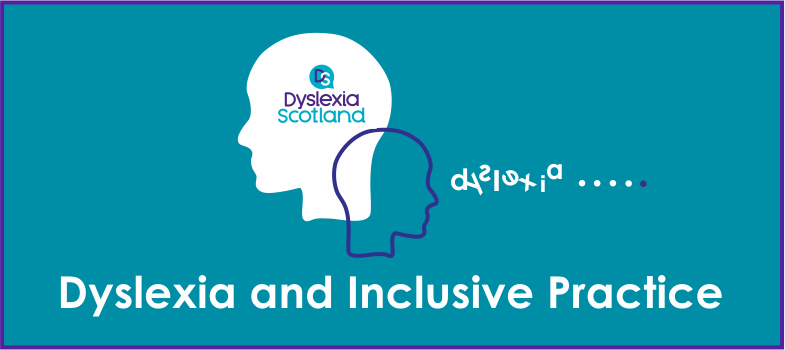1.4 Numeracy development and the identification of dyslexia
The Numeracy Across Learning Principles and Practice Paper states the following:
All schools, working with their partners, need to have strategies to ensure that all children and young people develop high levels of numeracy skills through their learning across the curriculum. These strategies will be built upon a shared understanding amongst staff of how children and young people progress in numeracy and of good learning and teaching in numeracy. Collaborative working with colleagues within their own early years setting, school, youth work setting or college and across sectors will support staff in identifying opportunities to develop and reinforce numeracy skills within their own teaching activities.
Being numerate helps us to function responsibly in everyday life and contribute effectively to society. It increases our opportunities within the world of work and establishes foundations which can be built upon through lifelong learning. Numeracy is not only a subset of mathematics; it is also a life skill which permeates and supports all areas of learning, allowing young people access to the wider curriculum. We are numerate if we have developed: the confidence and competence in using numbers which will allow individuals to solve problems, analyse information and make informed decisions based on calculations. A numerate person will have acquired and developed fundamental skills and be able to carry out number processes but, beyond this, being numerate also allows us to access and interpret information, identify possibilities, weigh up different options and decide on which option is most appropriate. Numeracy is a skill for life, learning and work. Having well-developed numeracy skills allows young people to be more confident in social settings and enhances enjoyment in a large number of leisure activities. For these and many other reasons, all teachers have important parts to play in enhancing the numeracy skills of all children and young people. Numerate people rely on the accumulation of knowledge, concepts and skills they have developed, and continually revisit and add to these. All practitioners, as they make use of the statements of experiences and outcomes to plan learning, will ensure that the numeracy skills developed from early levels and beyond are revisited and refreshed throughout schooling and into lifelong learning.
Download the Numeracy across Learning Principles and Practice Paper [Tip: hold Ctrl and click a link to open it in a new tab. (Hide tip)]
1.3 Language development and identification of dyslexia
